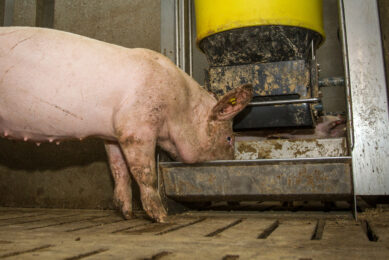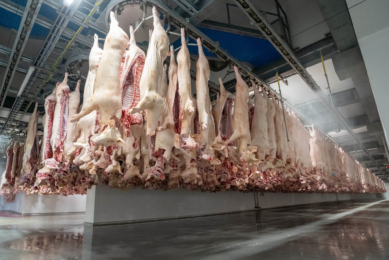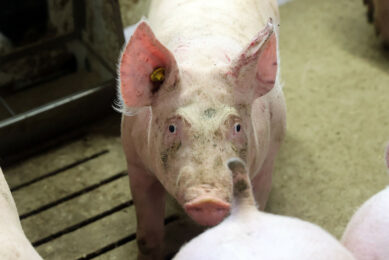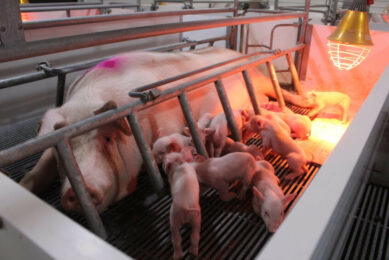Russian pig farmers oppose greenhouse gas emission reporting
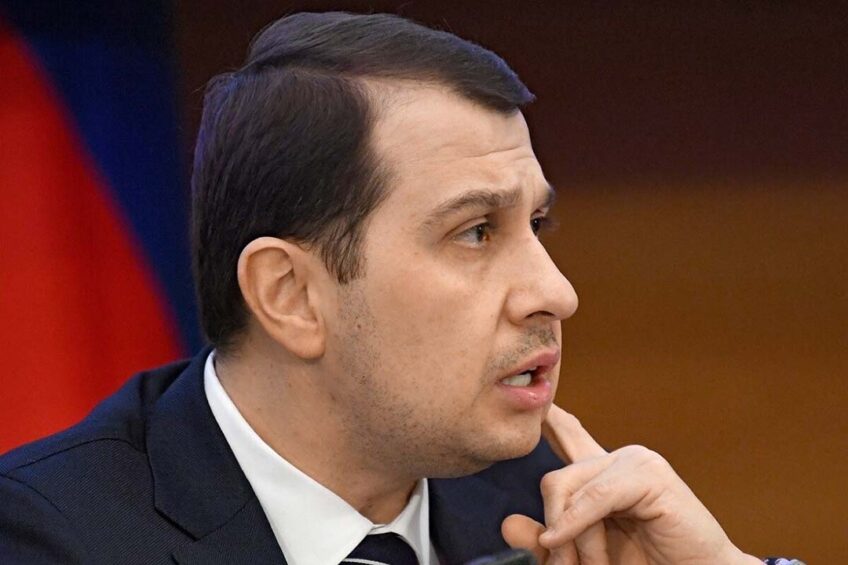
A group of Russian business unions, including the Russian Union of Pork Producers, has asked the government to exclude agriculture from the list of industries subject to greenhouse gas emission reporting.
The Russian Economy Development Ministry seeks to force the largest farmers to calculate greenhouse emissions. They need to submit the data to a state database. The move is believed to be the first step towards the introduction of Carbon Pricing. This is a tax for greenhouse gas emissions. It will come into force in 2028.
‘Unreasonable, redundant and duplicative’
Russian farmers insist that the proposed rules are unreasonable, redundant and duplicative, and on top of that, “unhelpful from a carbon regulatory perspective”.
Livestock production in Russia is carried out by tens of thousands of commercial farms and millions of households, the farmers reminded. Large companies have an opportunity to estimate greenhouse emissions, though it will become an additional burden on the budget and will drive production costs higher.
Backyard farms, on the other hand, will not provide such calculations. “As a result, the collected data cannot be considered representative and cannot be used in any way”, the authors of the appeal explained.
Agriculture is not to blame
Farmers believe there is no point in subjecting agriculture to mandatory reporting because it accounts for a small share of greenhouse emissions. In 2021, this figure equalled only 5.6% of Russia’s total emissions. For comparison, industrial enterprises represent 12% of emissions, and power generation – 77.9%.
“If we calculate the share of the agricultural sector, taking into account land use and forestry, it turns out the industry does not generate greenhouse gases. Instead, it absorbs up to 17% of emissions from all sectors of the economy,” the authors stated.
Carbon neutrality
The appeal will be taken into account when finalising the draft resolution, Ilya Torosov noted. He is deputy Economy Development Minister. Carbon reporting is necessary to assess how Russia is moving towards carbon neutrality and decarbonisation of existing operations, he emphasised.
Torosov has not disclosed the list of industries to be subject to Carbon Pricing. He noted that it is scheduled to be determined when the basic price concept is developed.
Landmark reform for the Russian economy
The introduction of Carbon Pricing is expected to become a landmark reform for the Russian economy. As estimated by the IMF, mandatory fees for greenhouse gas emissions could form up to 4.3-4.4% of GDP in 2030.
Under the Russian government’s socio-economic development programme, Russia is due to cut greenhouse emissions by 60% through 2050.



